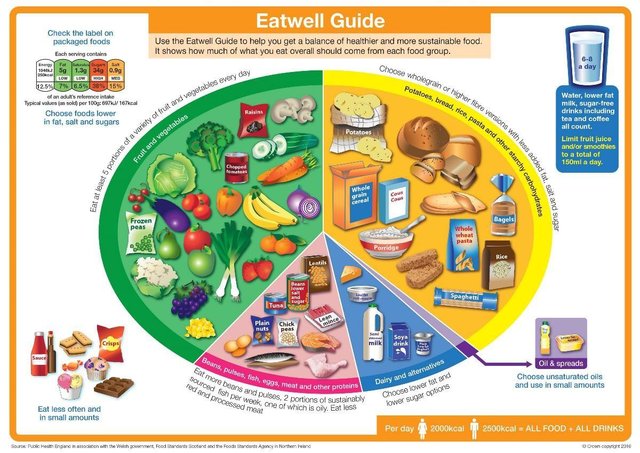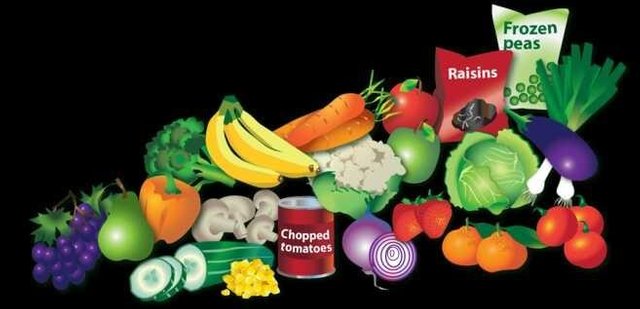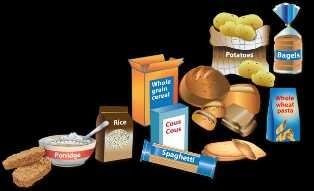BALANCED DIET AS A PANACEA TO HEALTHY LIVING
Good day my distinguished steemians and all the honorable member of this gtreat community it’s my pleasure to take us through the importance of balanced diet to a healthy living.
We need a varieties of food in correct proportions if we must remain in good health. A healthy diet is one that helps to maintain or improve overall health, provides the body with essential nutrition: adequate essential amino acids and fatty acids, vitamins, and minerals is termed Reference Nutrient Intake (RNIs), which is an estimate of the amount that should meet the needs of most people; while adequate calories is termed ESTIMATED ADEQUATE REQUIREMENT (EAR).
Apart from breast milk as a food for babies, no single food contains all the essential nutrients the body need to stay healthy. For this reason, our diets should contain a variety of different foods, to help us get the wide range of nutrient that our body needs. The British Nutrition Foundation (BNF) recommends a balanced diet as emphasized in the picture below:
 varieties of foods in a balanced diet. Source: BNF, (2016)
varieties of foods in a balanced diet. Source: BNF, (2016)
The BNF Eat well guide include 8 groups of food items: fruits and vegetables; 
potatoes; breads; rice and other carbohydrates; 
beans, fish,  eggs, meat, and other proteins; foods and drinks high in fat, salt, and sugars; diary and alternatives; oils and spreads such as butter, margarine and jam, etc (BNF 2016).
eggs, meat, and other proteins; foods and drinks high in fat, salt, and sugars; diary and alternatives; oils and spreads such as butter, margarine and jam, etc (BNF 2016).
How much food does one needs to have a healthy diet? A healthy diet should provide us with the right amount of energy (calories) from foods and drinks to maintain energy balance. Consuming more calories than we need over a period of time will cause weight gain or obesity, if the body Mass index (BMI) is greater than 25. Normal range of BMI is 20 – 25, beyond 25 is overweight, while beyond 27.8 in males and 27.3 in females is obesity (Geissler etal,. 2014).
BMI = weight in kg/Height2 (in m2). Energy requirement at rest (when not sleeping) is called Basal metabolic rate (BMR).
Obesity causes glucose intolerance, insulin resistance, hypertension and dyslipidemia. If intake is, however less than expenditure, there is weight loss, wasting or Marasmus develops and kwashiorkor, if there is protein calorie malnutrition.
However, these aforementioned diseases health condition would be discussed in my subsequent write up
Women need about 2,000 calories /day and men 2,500 calories/day. The extra calories we do not need is stored as fat. This will lead to a chain of diseases such as diabetes mellitus, atherosclerosis, hypertension, and other cardiovascular diseases. It is pertinent to mention here that cholesterol is finally officially removed from the Naughty lists of nutrient of concern by the US government, as scientists Have established that our body requires 950mg of cholesterol per day and only 15% of it is derived from the diet as opposed to the previous belief that our body requires 300 mg of cholesterol per day (FDA 2015)
If you enjoyed this post would you please give it an upvote, like, re-steem and follow me @e-top
Thank you and God bless you all.